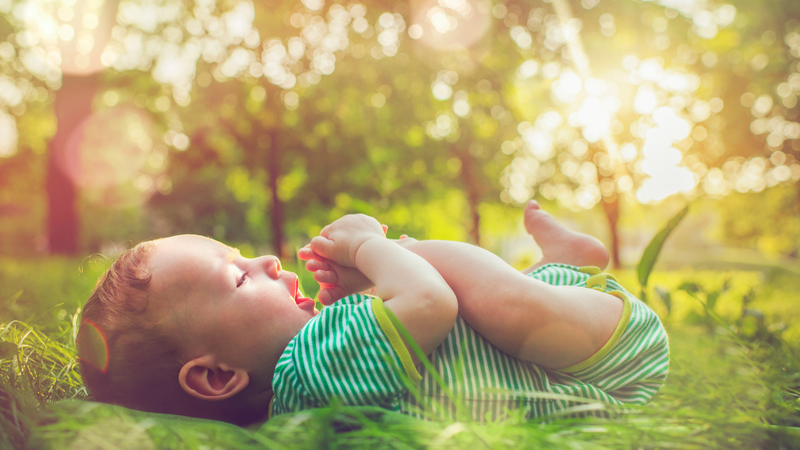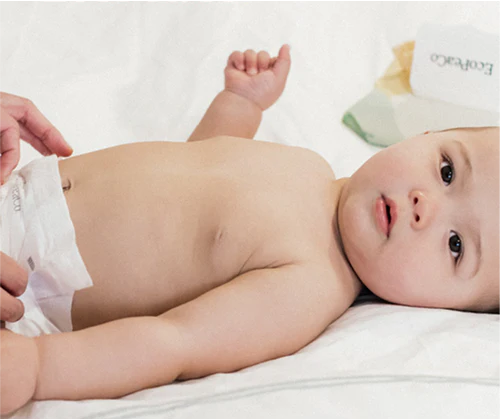Flushable baby wipes sound like a great idea, they provide a sense that these wipes will biodegrade into tiny pieces upon flushing, keeping them out of mind and landfill. However, baby wipes are one of the most often flushed items to cause problems- even the ones deemed flushable. Wipes get stuck, clump up, and do long term damage not just in your home, but your community’s sewage system as well. Take a look at why you can not flush baby wipes down the toilet.

1. Wipes need time to break up
Baby wipes - all wipes - are designed to be thicker than toilet paper. Due to their thickness, baby wipes do not break up as quickly as toilet paper does. Eco Pea Co. baby wipes are biodegradable, as well as plush and absorbent. Wipes need a bit more time than a quick flush to break down.
2. Wipes get stuck
Toilet pipes aren’t a straight-down kind of operation. These pipes consist of twists and turns. These pipes also change in size as they bend, creating narrower spots where baby wipes can lodge, get stuck, and cause a back up.
3. Wipes Clump
Flushed baby wipes clump together, creating softballs that grow into major plumbing issues. So while you may not see the issue right away, it starts with the first flushed wipe. These clumps also collect other debris in the pipes, growing into an even bigger issue.
4. Flushed wipes cause damage in and out of the home
These debris collecting clumps of baby wipes will cause damage to your own home’s plumbing, as well as the sewage systems within your neighborhood and municipality.

5. Even ‘flushable’ wipes are not flushable
As a parent, you will most likely be explaining the concept of, “just because you can, doesn’t mean you should,” for the rest of your life. May as well get comfortable with this knowledge now, during these diapering years, as this is the case with baby wipes labelled as flushable.
Eco Pea Co. bamboo baby wipes are made with biodegradable ingredients such as glycerine and aloe extract, and though we do not recommend flushing them we do recommend disposing of them by sending them to a diaper composting facility, or in your regular garbage, rather than composting them yourself as there could be harmful bacteria present.



